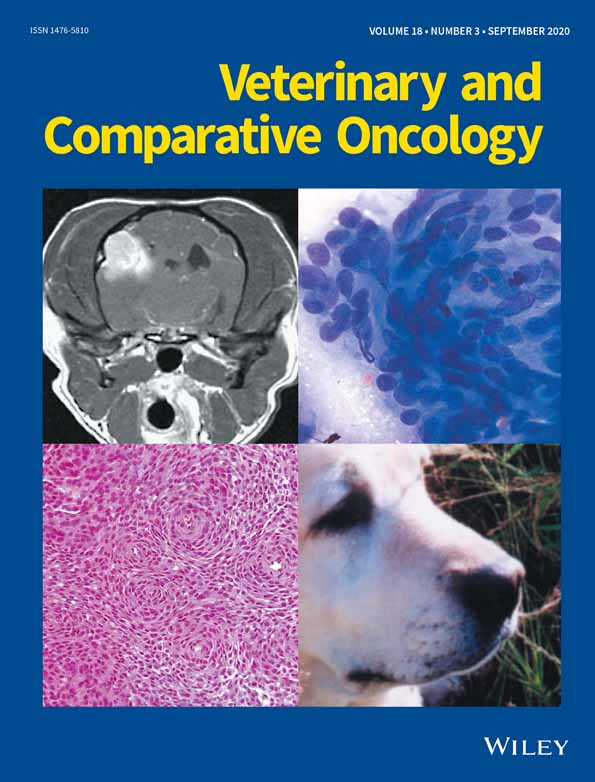Veterinary oncologists adapting to COVID-19 pandemic
As the coronavirus pandemic rapidly escalates in Europe and worldwide, measures are required to mitigate the risk of COVID-19 for staff members and owners, while still providing treatments and support to our oncology patients. We have not been prepared for such time of great uncertainty, but things are likely to get worse before they improve, and veterinary oncologists need to be ready to depart from established treatment pathways and protocols. Nowadays like never before, we need to work together to support each other and the veterinary community.
- We are reorganizing staff by establishing teams able to work independently, covering essential clinical activities and minimizing the risk of infection.
- We are identifying follow-up patients that can be postponed. Owners are asked if their pets' condition has changed or if there are concerns that need to be addressed before the rescheduled appointment. In this case, issues are discussed by phone or video. Owners are constantly reassured that they are not abandoned.
- We are identifying patients where the benefits of conventional cancer treatments are very marginal (ie, chemotherapy and radiotherapy). In this scenario, palliative care or metronomic therapy may be opted for.
- We are delaying everything that is felt non-urgent and prioritize what is life threatening. Although it is difficult to define what is necessary and what is not, we are currently delaying first-line chemotherapy for solid tumours for 1 week. If treatment delay is unadvisable, we switch intravenous treatment to oral drugs (see point 6).
- We are identifying patients where the intravenous treatment cannot be rescheduled and make sure that all appointments are concentrated in a few days. Some supplies are running short, and efforts are being made to stretch personal protective equipment as far as possible, including reusing face masks and scrubs. We also make sure that masks, gloves and scrubs are moved to areas that are not accessible to the public.
- We are identifying patients undergoing second- or third-line treatment. We substitute any intravenous administration with oral drugs, thereby reducing the hospital visits. Nowadays, many oral cytotoxic drugs are available, including cyclophosphamide, chlorambucil, melphalan, temozolomide, capecitabine, and lomustine.
- We are identifying patients in complete remission that are receiving maintenance therapy, and stop treatment.
- We attempt to arrange treatments/ monitoring at a different facility, if there is transmission issue at a particular cancer centre.
Even though the veterinary oncology teams will do the best they can to deliver care to those most in need, it appears obvious that the patients' management will not be ideal, most likely translating in undertreating pets with cancer.
Veterinary oncologists will face the dilemma to make difficult treatment decisions, with low-quality evidence to guide them. This unforeseen worldwide health crisis will require patience on everyone's part.




